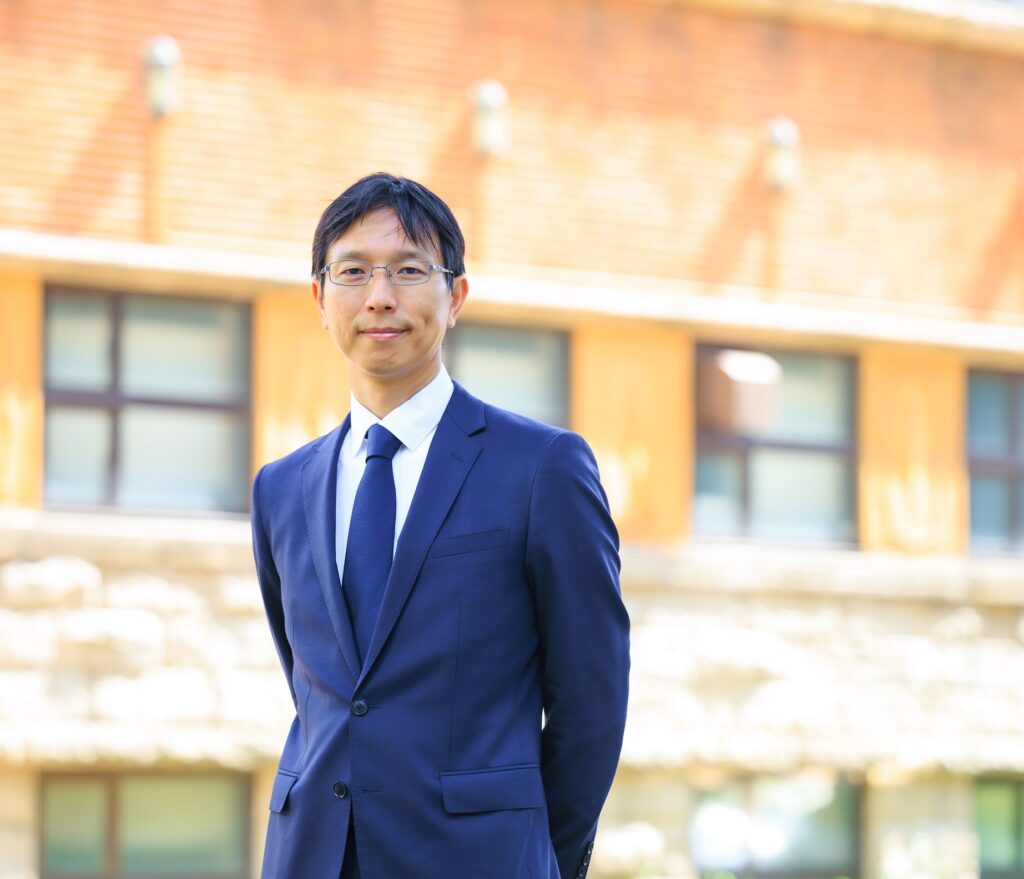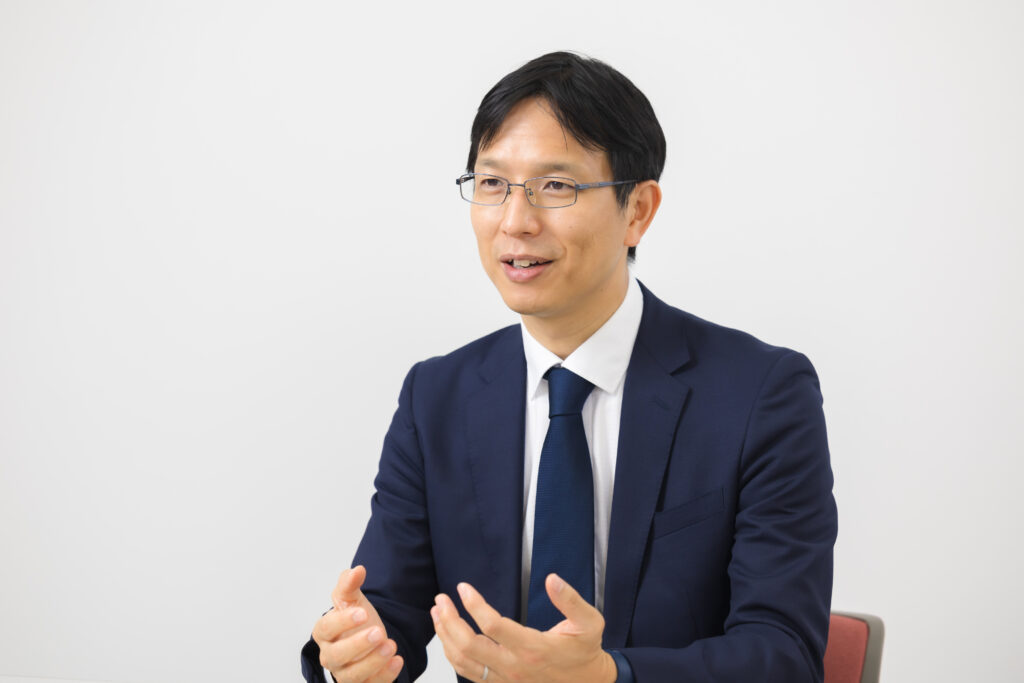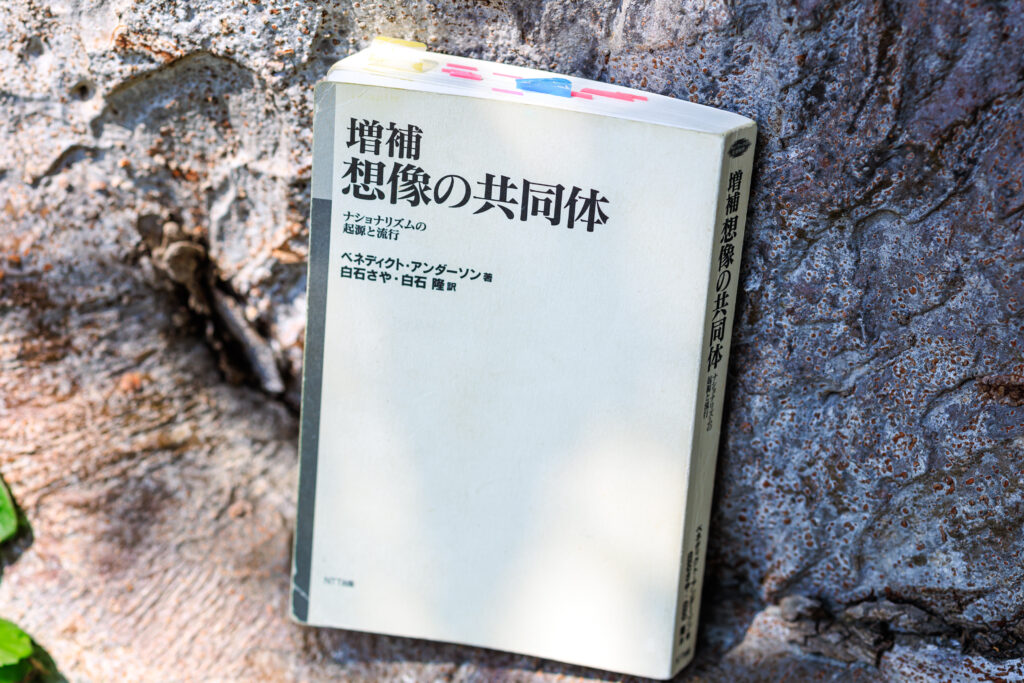
Even though the World Wars and the Cold War have ended, wars continue to occur around the world. How can we bring peace to the world? Professor Masataka Nakauchi from the Faculty of Global Studies, who undertakes research on the rebuilding of political systems after ethnic conflicts, talks about his thoughts on peacebuilding.
Many people may think that peace will prevail when physical violence stops. In reality, however, the violent acts of war inflict significant wounds (both physical and psychological) on people, which often lead to a return to conflict.
What kind of political system should be established in order to make it possible for people to live in peace after violent conflicts? I undertake research in this area through case studies centered on the region of the former Yugoslavia, which experienced consecutive ethnic conflicts in the 1990s.
Difficulties of establishing democratic governments in nations that experienced ethnic conflicts

When a war ends, the international community helps rebuild a nation by investing people and resources. Such activities are called peacebuilding, but it is far from a simple task.
For multiethnic nations, even if there is no dispute about building a democratic nation, when establishing the government through a majority vote in elections, minorities (ethnic ones especially) often have grievances over the results. As their discontent may become factors for a next armed conflict, it becomes necessary to build a government with a certain level of authority and also with the functioning police and military.
Meanwhile, instead of creating a large central government, recently, the mainstream approach is to adopt decentralization that splits authority and power to local levels to let minorities hold those authority and power, and live with peace of mind. This is the case for Bosnia and Herzegovina founded from the former Yugoslavia.
In Bosnia, armed conflict occurred between three main ethnic groups. In establishing a new post-war state, its territory and unit of government was split in two, with one mainly run by Serbs and the other by Bosniaks (Muslims) and Croats.
Although the situation settled down at first, today, close to 30 years after the war, harmony between the ethnic groups has not progressed and the central government has been weak and dysfunctional. Therefore, from around 20 years ago, a movement has been underway to slowly centralize authority and power to the state-level government and rebuild it as a nation.
I myself am interested in how to strike a balance between central and local authority. While it is desirable to have powers related to education and language at the local level, the central government may need to have authority over the police, for example. I am researching about these issues based on case studies. This research should be useful for peacebuilding not only in the former Yugoslavia but also in other regions, I believe.
The cause of conflict lies in not recognizing the identities of others
I sometimes hear opinions that ethnic conflicts are irrelevant to Japan as it is a monoethnic nation. Strictly speaking, though, there is no such thing as a monoethnic nation.
In Japan, there are a variety of people identifying with different social groups and many people with foreign roots living here. It is a nation with a mix of diverse backgrounds, including sexual minorities and people with disabilities, for example. Even so, people in the majority may sometimes see different social identities in a discriminately way and unconsciously push through the opinions of the majority.
Everyone has beliefs that are core to them. That is to say, they have their own identities. But, sometimes people should try and question their identity, because wars occur when identities taken for granted by individuals—such as ethnicity, nationality, and homogeneity—are used for political purposes.
This is common to almost all conflicts. By deepening research from such a viewpoint, I hope to create a mechanism that detects dangerous signs of violence and issues warnings at an early stage. This is my greatest goal.
The book I recommend
“Imagined Communities: Reflections on the Origin and Spread of Nationalism”(revised and extended edition)
by Benedict Anderson, Japanese translation by Saya Shiraishi and Takashi Shiraishi, NTT Publishing

Nationalism and ethnic consciousness are some of the driving forces that incite people to war. However, communities—of nationality or ethnicity—are also created by human imagination. This book teaches that, although such communities are not absolute, they have extremely powerful forces to mobilize people.
-
Masataka Nakauchi
- Professor
Department of Global Studies
Faculty of Global Studies
- Professor
-
Graduated from the Department of Law, Osaka University, and received his Ph.D. in International Public Policy from the university’s Osaka School of International Public Policy. Took on several positions—such as special assistant to the Ministry of Foreign Affairs, aid coordination expert at Japan International Cooperation Agency (JICA), researcher at the Research Institute for Peace and Security, and associate professor at Osaka University—before becoming an associate professor at Sophia University’s Faculty of Global Studies in 2020 and assuming his current position in 2022.
- Department of Global Studies
Interviewed: July 2022